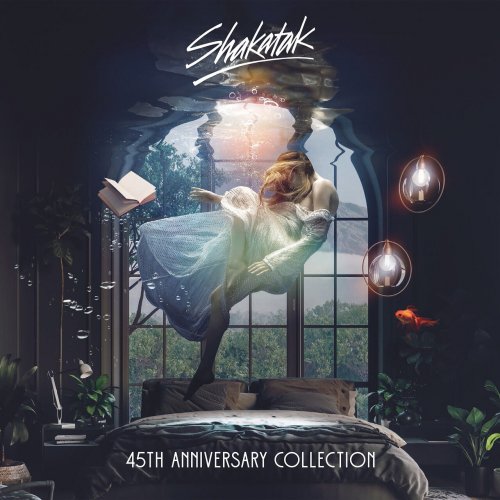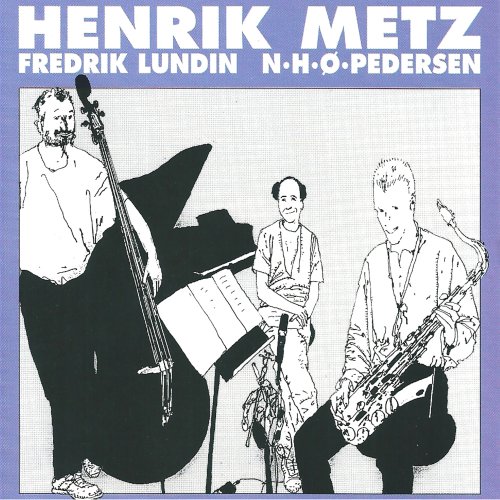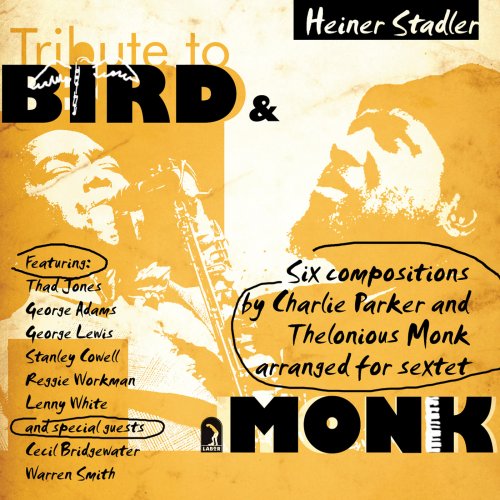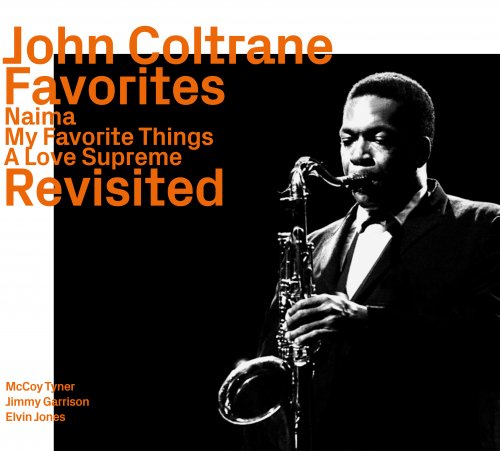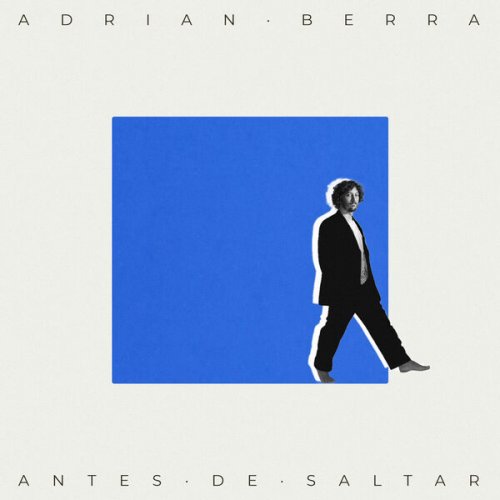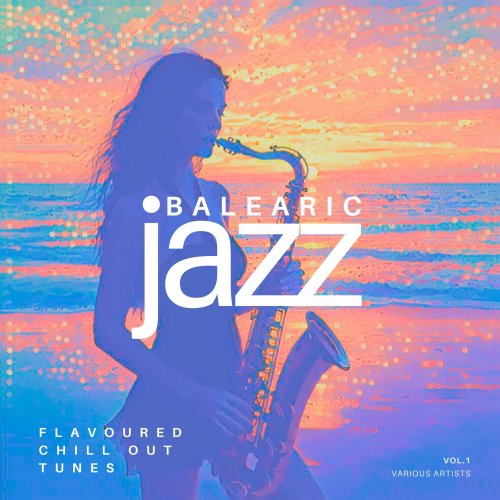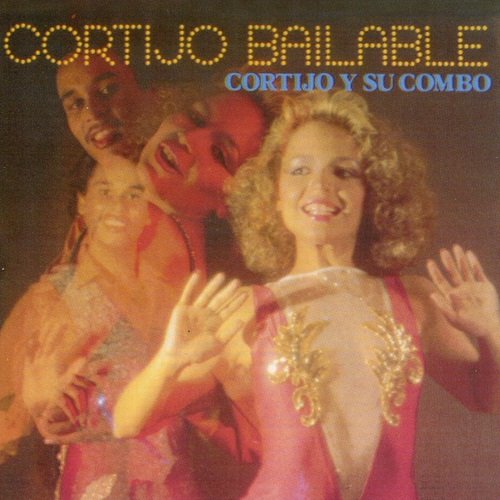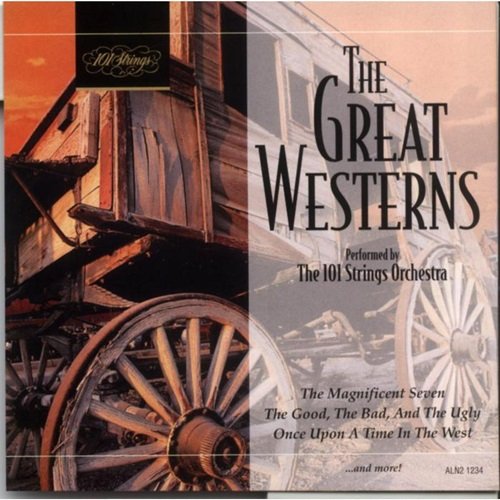Hans Werner Henze - The Complete Deutsche Grammophon Recordings (2013) {16CD Box Set}
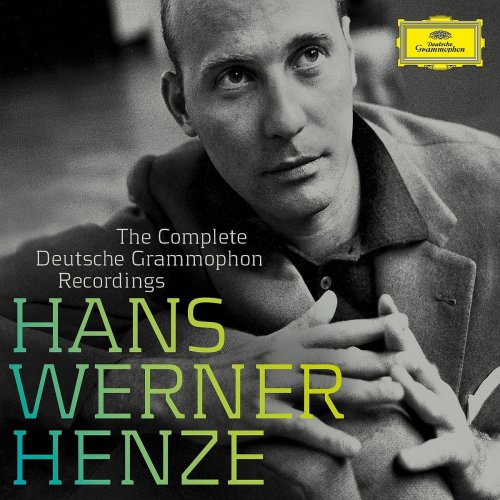
Artist: Hans Werner Henze
Title: The Complete Deutsche Grammophon Recordings
Year Of Release: 2013
Label: Deutsche Grammophon (DG)
Genre: Classical
Quality: FLAC (tracks+booklet)
Total Time: 17:43:56
Total Size: 4.47 GB
WebSite: Album Preview
Tracklist:Title: The Complete Deutsche Grammophon Recordings
Year Of Release: 2013
Label: Deutsche Grammophon (DG)
Genre: Classical
Quality: FLAC (tracks+booklet)
Total Time: 17:43:56
Total Size: 4.47 GB
WebSite: Album Preview
CD 1:
Hans Werner Henze (1926 - 2012)
Sinfonie Nr. 1 (1947) (New Version For Chamber Orchestra, 1963)
Sinfonie Nr.5 (1962) for large orchestra
Sinfonie Nr. 6 (1969) For Two Chamber Orchestras
CD 2:
Sinfonie Nr. 2 (1949) For Large Orchestra
Sinfonie Nr. 3 (1949-50) For Large Orchestra
Sinfonie Nr. 4 (1955) For Large Orchestra
CD 3:
Sonata For Strings
Double Concerto For Oboe, Harp And Strings (1966)
Fantasia For Strings
CD 4:
Concerto For Violin And Orchestra No.1 (1947)
Ode To The West Wind (1953) Music For Violoncello And Orchestra Based On Poem By P.B. Shelley
Siegfried Palm, Symphonieorchester des Bayerischen Rundfunks, Hans Werner Henze
CD 5:
Concerto For Piano And Orchestra No.2
CD 6:
Tristan (1973) Preludes For Piano, Tapes And Orchestra
Ballet Variations (1949)
Drei Tientos für Gitarre
CD 7:
Five Neapolitan Songs (1956) For Baritone And Chamber Orchestra
Whispers From Heavenly Death (1948)
Being Beauteous (1963) Cantata From "Illuminations" (1872/73)
Essay On Pigs (1968) Based On A Poem By Gastón Salvatore
CD 8:
Cantata Of The Ultimate Fable On The Poem "Tu sei la fiaba estrema"
Muses Of Sicily (1966)
Moralities (1967)
CD 9:
Das Floß der Medusa
CD 10:
El Cimarrón (1969-1970) - The Autobiography Of The Runaway Slave Esteban Montejo - Recital For Four Musicans
CD 11:
The Tedious Way To Natasha Ungeheuer's Apartment Show For 17 Performers
CD 12:
Scenes From "Elegy For Young Lovers"
CD 13-14:
Der junge Lord
CD 15-16:
Undine
Boulevard Solitude - Intermezzi
Mänadenjagd
Capriccio per violoncello solo (1981)
Sonata per otto ottoni
The composers who made the most decisive contribution to the development of post-war music in Europe were all born in the 1920s: Stockhausen, Boulez, Nono, Berio and Ligeti, to name but five. Shortly after the end of the Second World War, at a time when half of Europe still lay in ruins, they began to look for the basis of a new kind of music freed from the fatal legacy of the past. But few of them reacted as directly or as sensitively to the catastrophe of the National Socialist period as did Hans Werner Henze. And this was true of him both as an artist and as a human being. Like his contemporaries, he was an adolescent when the National Socialists were in power, and his works were a genuine reflection of contemporary events, especially those taking place in Germany. He was born in Gütersloh in Westphalia in 1926, the son of a schoolteacher who, loyal to the Nazi party, went to his death in the final stages of the war in support of the Führer s ideas. Henze himself was eighteen when he was conscripted and even at that early date he could already sense that he was an outsider and could envisage the idea of art as a form of resistance. He began to believe in a secret world of beauty that might offset the brutality of the real world all around him.
Henze s career as a composer began in the early post-war years. He studied composition with Wolfgang Fortner in Heidelberg and in 1946 attended the newly established summer school for new music in Darmstadt. In 1948 Ernest Bour conducted his First Violin Concerto in Baden-Baden. His First Symphony had already received its first performance in Bad Pyrmont four months earlier. (Henze was later to revise this work on two separate occasions.) His Second Symphony was heard in Stuttgart in 1949 and his Third in Donaueschingen in 1951. Meanwhile, his solo cantata Whispers from Heavenly Death a setting of five poems by Walt Whitman had been performed in Frankfurt in 1950. René Leibowitz had introduced Henze to twelve-note composition, but it was a technique that the young student soon rejected. This period also witnessed his earliest works for the music theatre. After ballets in Düsseldorf and Berlin and his first attempts at an opera, Boulevard Solitude was staged in Hanover in 1952 and proved his first great success. The sets and costumes were designed by Jean-Pierre Ponnelle. From then on, music theatre was to be one of the principal focuses of Henze s compositional output. At the time of his death in 2012 he had completed more than two dozen works of music theatre as well as several school and radio operas and numerous ballets. - Max Nyffeler
Henze s career as a composer began in the early post-war years. He studied composition with Wolfgang Fortner in Heidelberg and in 1946 attended the newly established summer school for new music in Darmstadt. In 1948 Ernest Bour conducted his First Violin Concerto in Baden-Baden. His First Symphony had already received its first performance in Bad Pyrmont four months earlier. (Henze was later to revise this work on two separate occasions.) His Second Symphony was heard in Stuttgart in 1949 and his Third in Donaueschingen in 1951. Meanwhile, his solo cantata Whispers from Heavenly Death a setting of five poems by Walt Whitman had been performed in Frankfurt in 1950. René Leibowitz had introduced Henze to twelve-note composition, but it was a technique that the young student soon rejected. This period also witnessed his earliest works for the music theatre. After ballets in Düsseldorf and Berlin and his first attempts at an opera, Boulevard Solitude was staged in Hanover in 1952 and proved his first great success. The sets and costumes were designed by Jean-Pierre Ponnelle. From then on, music theatre was to be one of the principal focuses of Henze s compositional output. At the time of his death in 2012 he had completed more than two dozen works of music theatre as well as several school and radio operas and numerous ballets. - Max Nyffeler
Download Link Isra.Cloud
Hans Werner Henze - The Complete DG Recordings FLAC.rar - 4.5 GB
Hans Werner Henze - The Complete DG Recordings FLAC.rar - 4.5 GB
